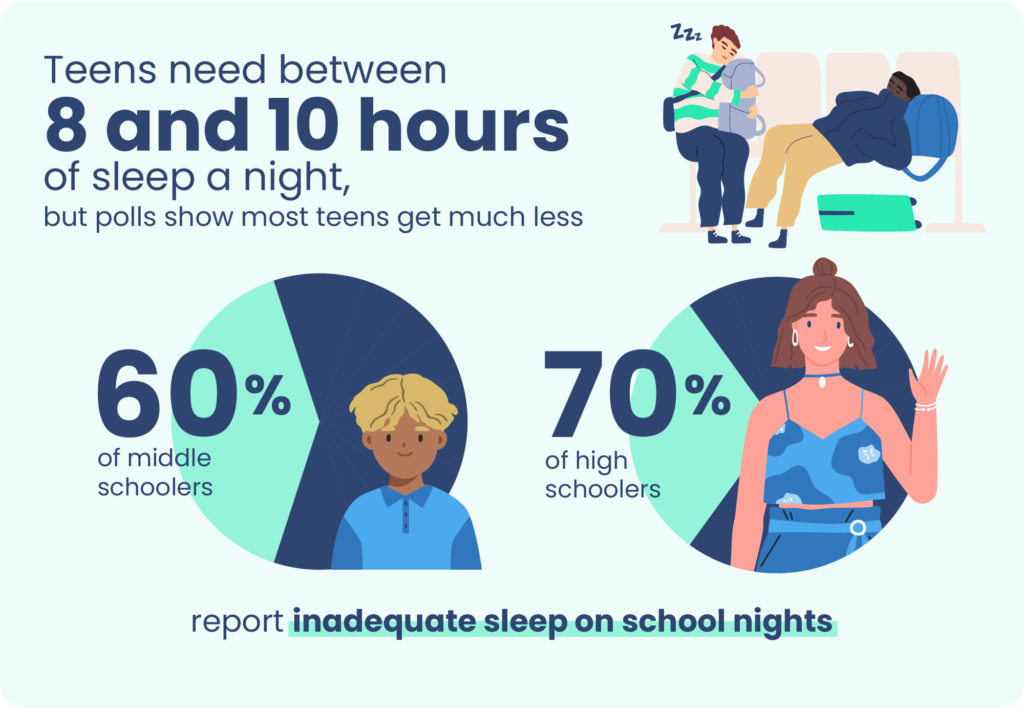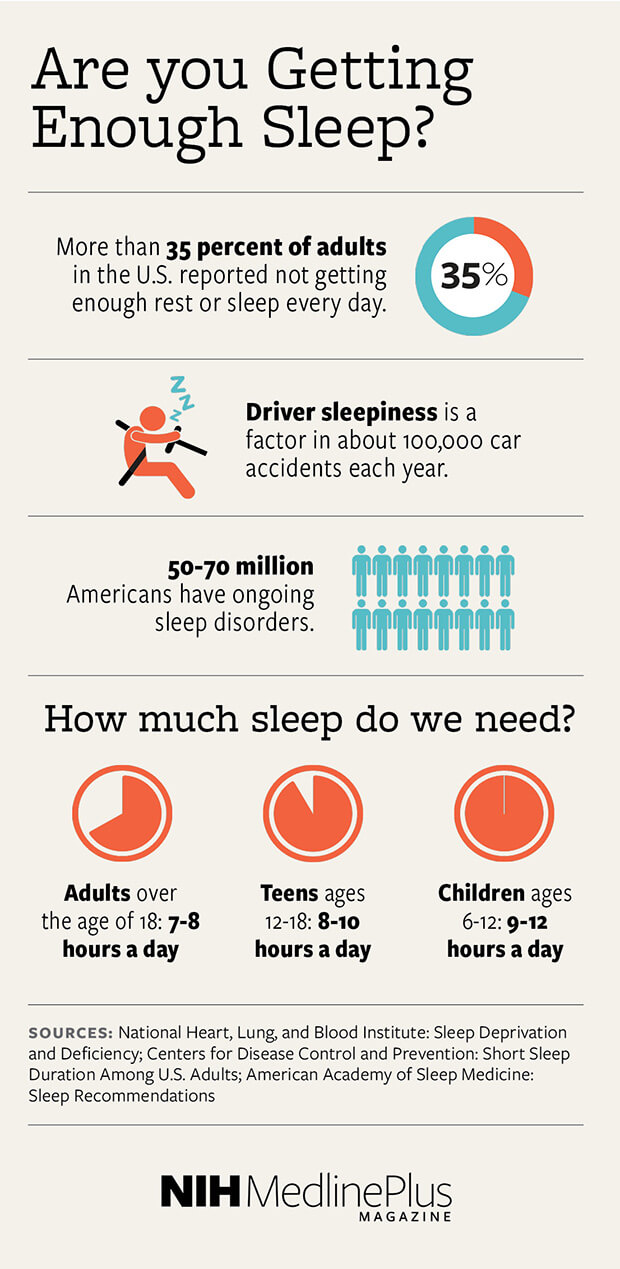Get enough sleep by establishing a consistent sleep schedule and creating a relaxing bedtime routine. Adequate sleep is crucial for maintaining overall health and well-being, and it can be achieved by incorporating these simple practices into your daily routine.
Sleep plays a vital role in our physical and mental health. It is a fundamental human need that allows our bodies and minds to recharge, repair, and function optimally. However, in today's fast-paced world, many individuals struggle to get enough sleep.
Whether it's due to work demands, stress, or a busy lifestyle, sleep often takes a backseat. Not getting enough sleep can lead to a range of problems, including fatigue, decreased productivity, and increased risks of various health issues. Therefore, it's crucial to prioritize and make necessary adjustments in our daily lives to ensure we get the sleep our bodies require. We will explore some practical strategies to help you get enough sleep and improve your overall well-being.
Importance Of Getting Enough Sleep
The importance of getting enough sleep cannot be overstated. Lack of sleep can have serious implications for your health and well-being. One of the most significant effects of sleep deprivation is its impact on cognitive function. Without enough sleep, it becomes difficult to concentrate, make decisions, and retain information. Sleep deprivation can also take a toll on your emotional well-being, leading to mood swings, increased irritability, and even depression.
Insufficient sleep can have a negative impact on your overall health. It can weaken your immune system, making you more susceptible to illnesses. It can also contribute to weight gain, as lack of sleep disrupts hormonal balance and increases cravings for unhealthy foods. Additionally, sleep deprivation can impair your physical coordination and increase the risk of accidents.
To ensure you get enough sleep, establish a regular sleep schedule and create a bedtime routine that promotes relaxation. Avoid caffeine and electronic devices before bed, as they can interfere with your ability to fall asleep. Make your sleep environment comfortable and conducive to rest. By prioritizing sleep, you can improve your cognitive function, emotional well-being, and overall health.
| Effects of Sleep Deprivation |
|---|
| Difficulty concentrating |
| Impaired decision-making |
| Reduced ability to retain information |
| Effects of Sleep Deprivation |
|---|
| Mood swings |
| Increased irritability |
| Potential for depression |

Credit: cosmoins.com
Establishing A Sleep Routine
Setting a consistent bedtime is an essential step in getting enough sleep. By going to bed at the same time every night, your body will develop a natural sleep-wake cycle, making it easier to fall asleep and wake up refreshed. Create a relaxing bedroom environment by keeping it cool, dark, and quiet. Your bedroom should be a sanctuary for sleep, free from distractions and stimulating factors. To promote a restful sleep, avoid stimulants such as caffeine and nicotine before bed, as they can interfere with your sleep quality. Additionally, limit the use of electronics before bed, as the blue light emitted by screens can disrupt your body's production of melatonin, a hormone that regulates sleep. By implementing these strategies, you can establish a healthy sleep routine and enjoy the benefits of a good night's sleep.
Practices For Better Sleep Quality
Practices for better sleep quality involve several strategies that can help you get enough rest. Maintaining a regular exercise routine is an important factor that can improve your sleep. Engaging in physical activities during the day can help you to feel more tired and ready for sleep at night. Implementing relaxation techniques before bed can also contribute to better sleep. Practices such as deep breathing exercises, meditation, or taking a warm bath can help to relax your mind and body, making it easier to fall asleep. Managing stress and anxiety is another crucial aspect of improving sleep quality. Finding effective ways to reduce stress, such as practicing mindfulness or engaging in stress-relieving activities, can promote a more peaceful sleep environment. By incorporating these practices into your routine, you can increase the chances of getting the adequate sleep your body needs.

Credit: www.sleepfoundation.org

Credit: magazine.medlineplus.gov
Frequently Asked Questions Of How To Get Enough Sleep
How Much Sleep Is Enough For Adults?
The National Sleep Foundation recommends adults to get between 7 to 9 hours of sleep per night for optimal health and well-being. However, individual sleep needs can vary, so it's essential to listen to your body and make sure you feel rested and refreshed in the morning.
How Can I Improve My Sleep Quality?
To improve your sleep quality, establish a regular sleep schedule, create a relaxing bedtime routine, ensure your sleep environment is comfortable and dark, avoid stimulants like caffeine and electronics before bed, and prioritize stress management techniques like exercise and meditation.
Why Is Sleep Important For Our Health?
Sleep is crucial for overall health as it supports various bodily functions such as immune system functioning, cognitive performance, emotional well-being, and physical health. It aids in memory consolidation, repair and regeneration of tissues, and hormone regulation, ultimately contributing to better functioning during waking hours.
Can Lack Of Sleep Affect My Mental Health?
Yes, lack of sleep can have a significant impact on mental health. Sleep deprivation can lead to increased stress levels, impaired cognitive function, mood disturbances, and reduced ability to manage emotions. It is important to prioritize sufficient sleep to support optimal mental well-being.
Conclusion
Getting enough sleep is crucial for our overall health and well-being. By following the tips in this blog post, such as establishing a consistent sleep schedule, creating a relaxing bedtime routine, and creating a sleep-friendly environment, you can ensure that you get the quality sleep you need.
Remember, sleep is not a luxury, but a necessity, so prioritize it in your life. Take care of your body and mind by giving them the rest they deserve. Sleep well and be well.
Comments
Post a Comment